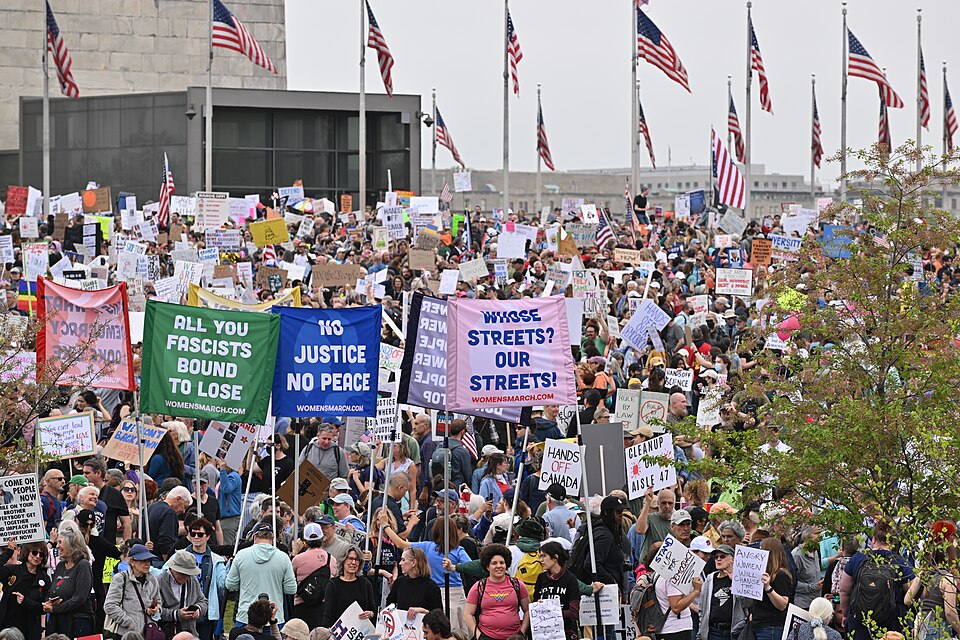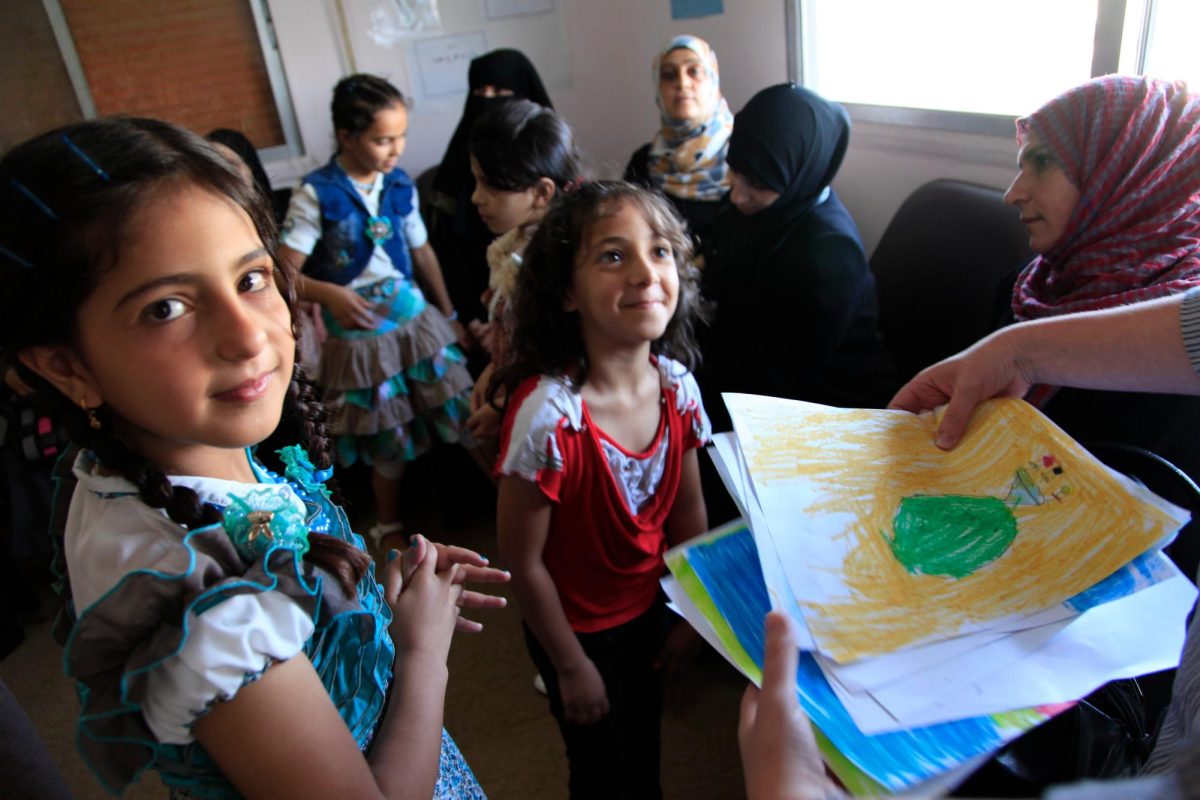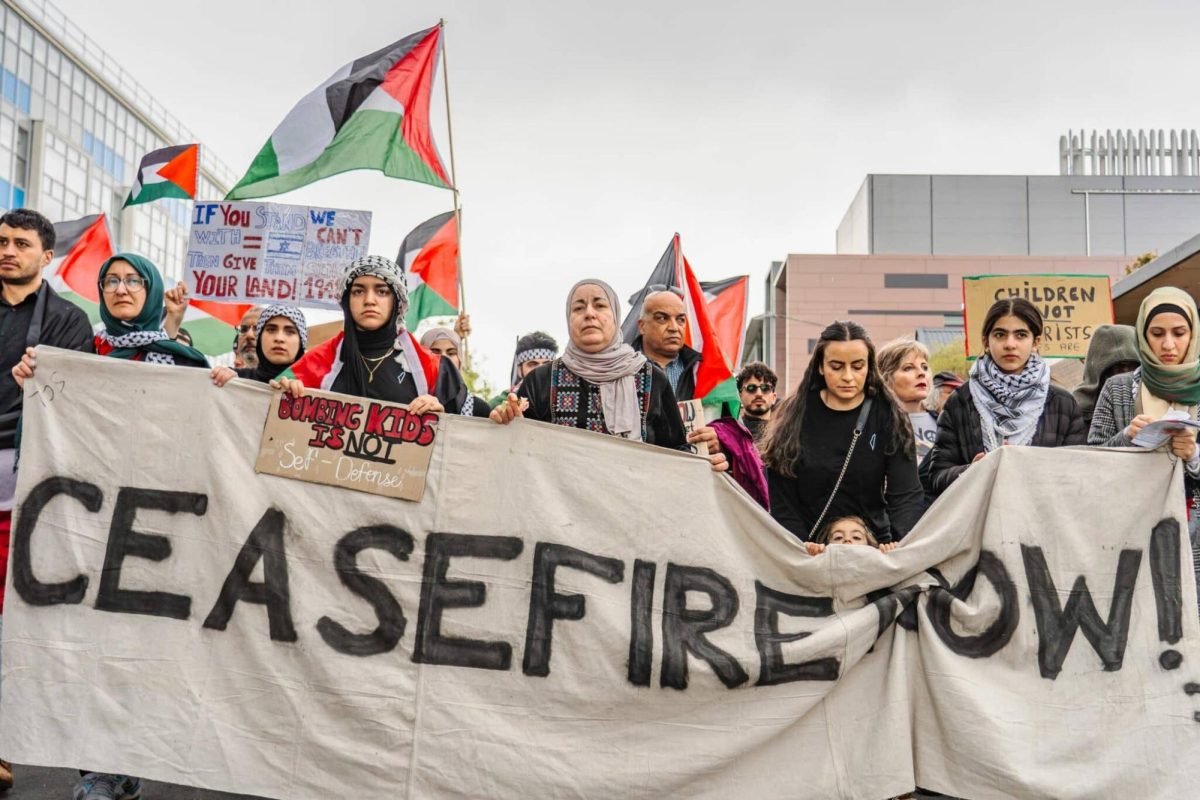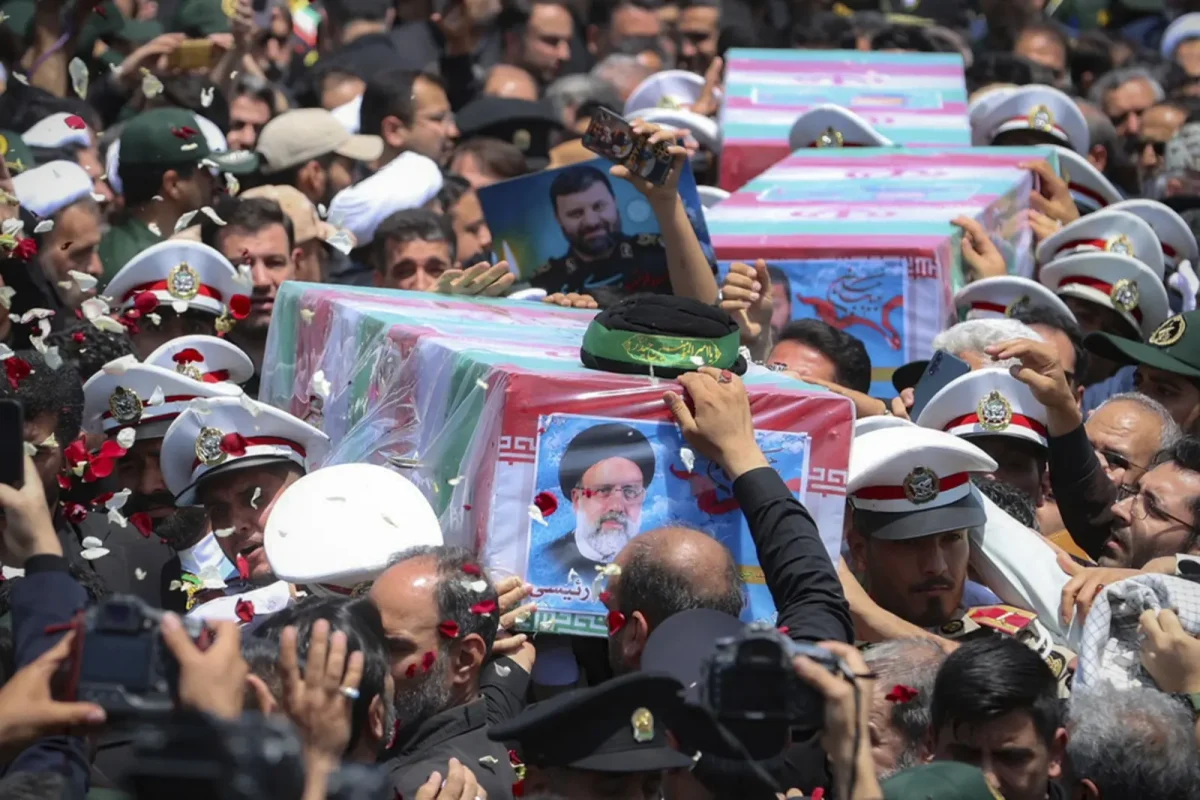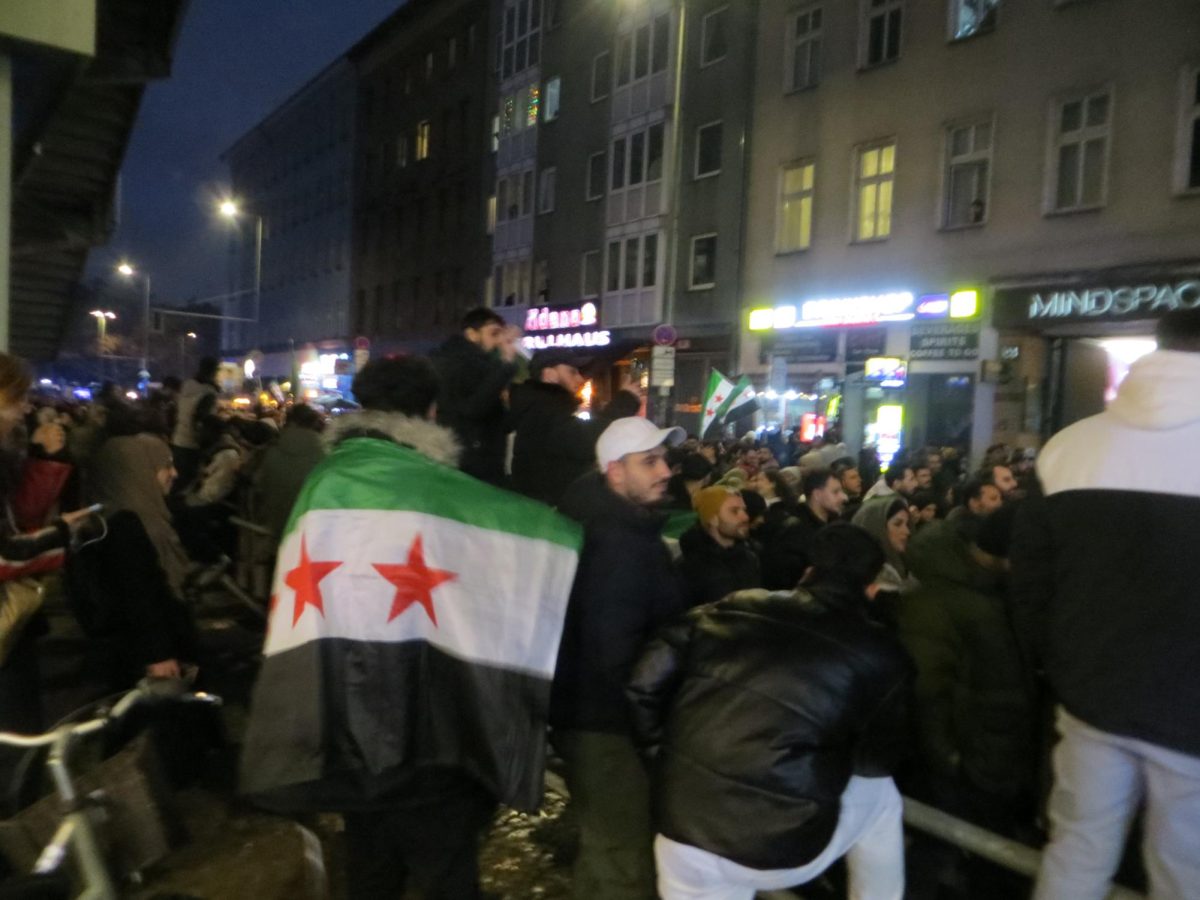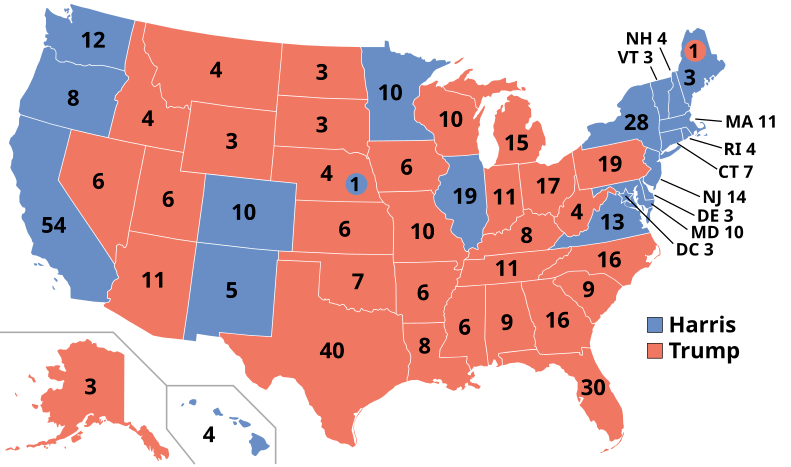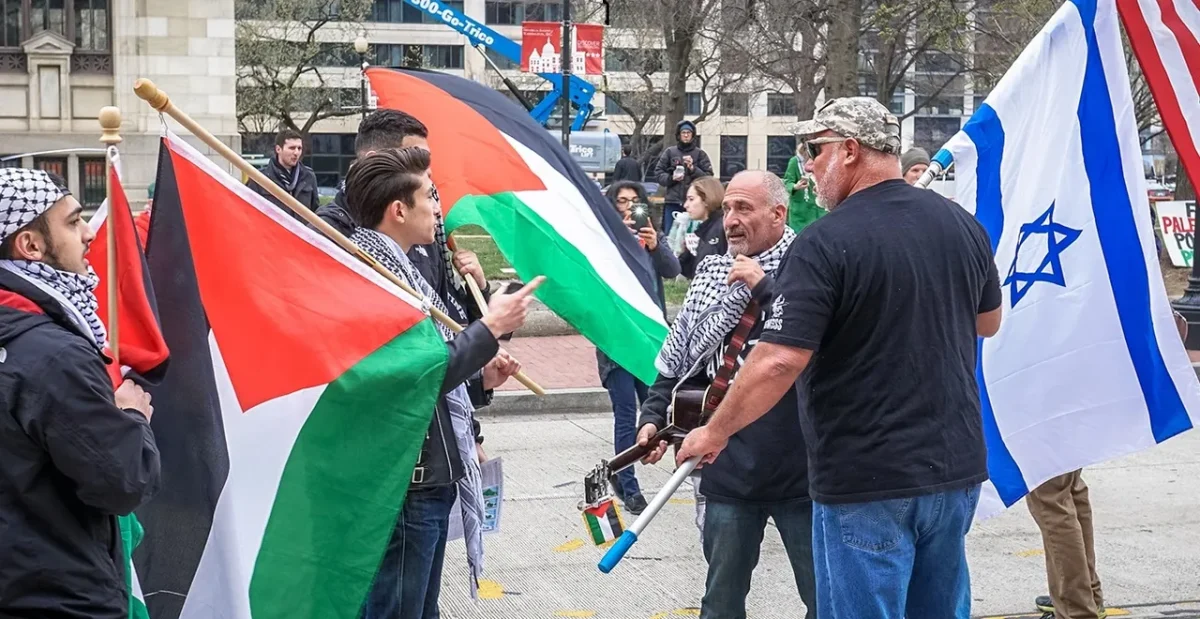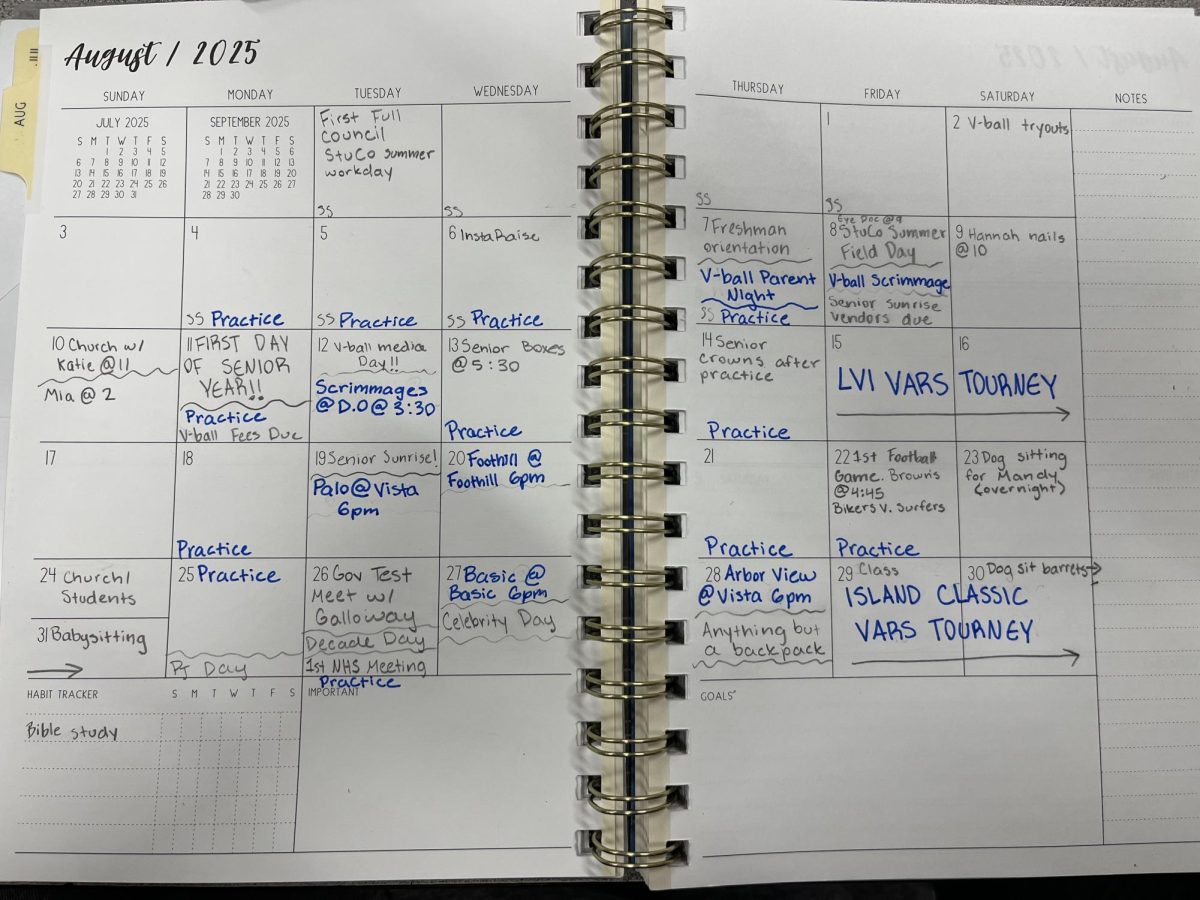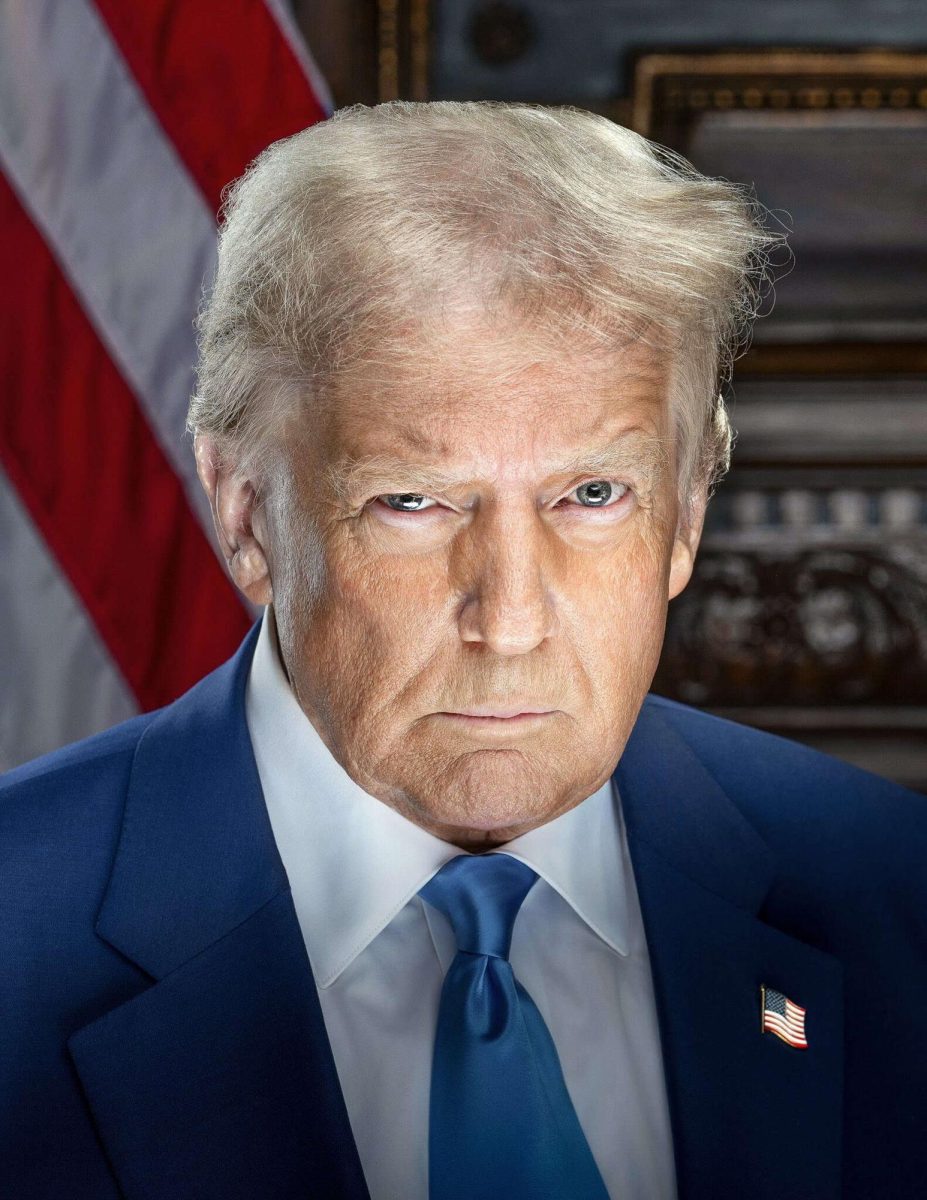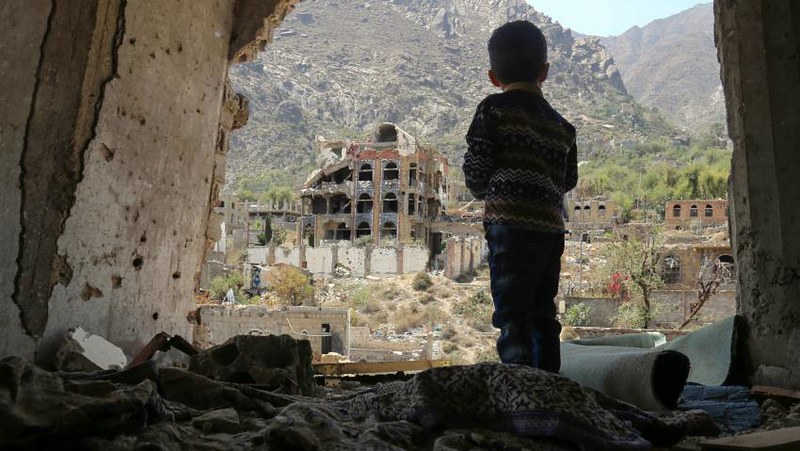The Ghost War
Yemeni boy gazing at rubble from his home town Taiz after a Saudi-led coalition airstrike. Credit: Fickr (Labeled Under Creative Commons)
April 27, 2023
Yemen’s modern history is ripe with foreign meddling at the expense of the Yemeni people, yet Yemen receives little to no recognition from the West; hence the nickname “Ghost War.” Since September 16, 2014, the Yemeni Civil War persists as one of the worst humanitarian crises of the 21st century as hunger, ethnic discrimination, and terrorism all remain rampant. Rather than mitigating Yemen’s internal issues, Yemen’s neighbors, specifically Iran and Saudi Arabia, continue to exasperate the civil war to cling to any sort of possible influence in the region.
The root of Yemen’s conflict traces back to 1836 when the United Kingdom and Ottoman Empire carved up Yemen. The British Empire took the sparsely populated coastal south with a primary focus on the strategic port of Aden; whereas, the Ottomans took the mountainous core of Yemen in the north. The people of Yemen remained divided under foreign rule until the collapse of the Ottoman Empire in 1918 when North Yemen declared independence as the Kingdom of Yemen. 49 years later, the British granted independence to South Yemen which adopted a Marxist-Leninist ideology in 1970. With the Cold War at its peak, the hopes of reunification shattered as North Yemen started receiving political and economical aid from Saudi Arabia and Britain whilst South Yemen started receiving political and economic aid from Egypt and the Soviet Union. Many border skirmishes and battles occurred between the two Yemens throughout the entirety of the Cold War. Although the governments of both Yemens eventually united in 1990, the people remained divided on ideology, culture, and even ethnic tensions after being apart for so long.
The Akhdam, a minority ethnic group in Yemen sharing part of their ancestry with Africans, often face systematic racism, so much so that there is a saying in Yemen, “Clean your plate if it is touched by a dog, but break it if it is touched by an Akdham.” In addition, the central government ousted South Yemenis from government positions, redistributed their land, and removed them from the army in an attempt to please the more populous North. The central government only tightened its grip over Yemen when Marxist-Leninist South Yemenis attempted a coup in 1994.
The conflict exploded in 2004 when Houthi insurgencies felt as if the federal government failed at maintaining the multi-party system, deeming Ali Abdullah Saleh’s corrupt regime as incompetent. Eventually, Saleh resigned, handing over power to Abd Rabbih Mansure Hadi who attempted to reach an agreement with the Houthi Rebels. Hadi promised to give the Houthis more political weight and to divide the country into six federal regions. Despite Hadi’s attempts, he dissatisfied the Houthis and after he cut subsidies; the Houthis executed a coup d’etat against the federal government in January 2015. Decades of constant turmoil in Yemen made it the poorest nation in the Middle East. The Boyan Organization reports, “Yemen is the second poorest country in the Middle East and North Africa region. The poverty rate in Yemen is one of the highest in the world. The United Nations Development Program estimates that (55%) of Yemen’s population lives below the poverty line, and (18.4%) lives in extreme poverty.”
Since 2015 the United States, United Arab Emirates, and Saudi Arabia continue to profit immensely from the sale of rifles, drones, and bombs to Yemen’s federal government. In addition, Saudi Arabia’s oppressive occupation and policies foist naval and air blockades that restrict commercial goods and humanitarian aid which leach upon Yemen’s crucially needed assistance. Despite political, financial, and military backing, the war in Yemen continues as disastrous for Saudi Arabia being nicknamed “Saudi Arabia’s Vietnam.” Saudi Arabia presumes Iran supports the Houthis technologically though Iran denies such claims and states that they only support the Houthi rebels politically due to Shi’ite ties. The United Arab Emirates, seeing the hopeless condition of the war, opted instead to militarily occupy Yemen’s coastal land, most notably Socotra Island and the Port of Aden, letting Saudi Arabia do all of the groundwork.
Despite the conflict in Yemen between different ideological and religious groups, innocent civilians pay with their prosperity, freedoms, and even lives for the actions of power-hungry regimes.
